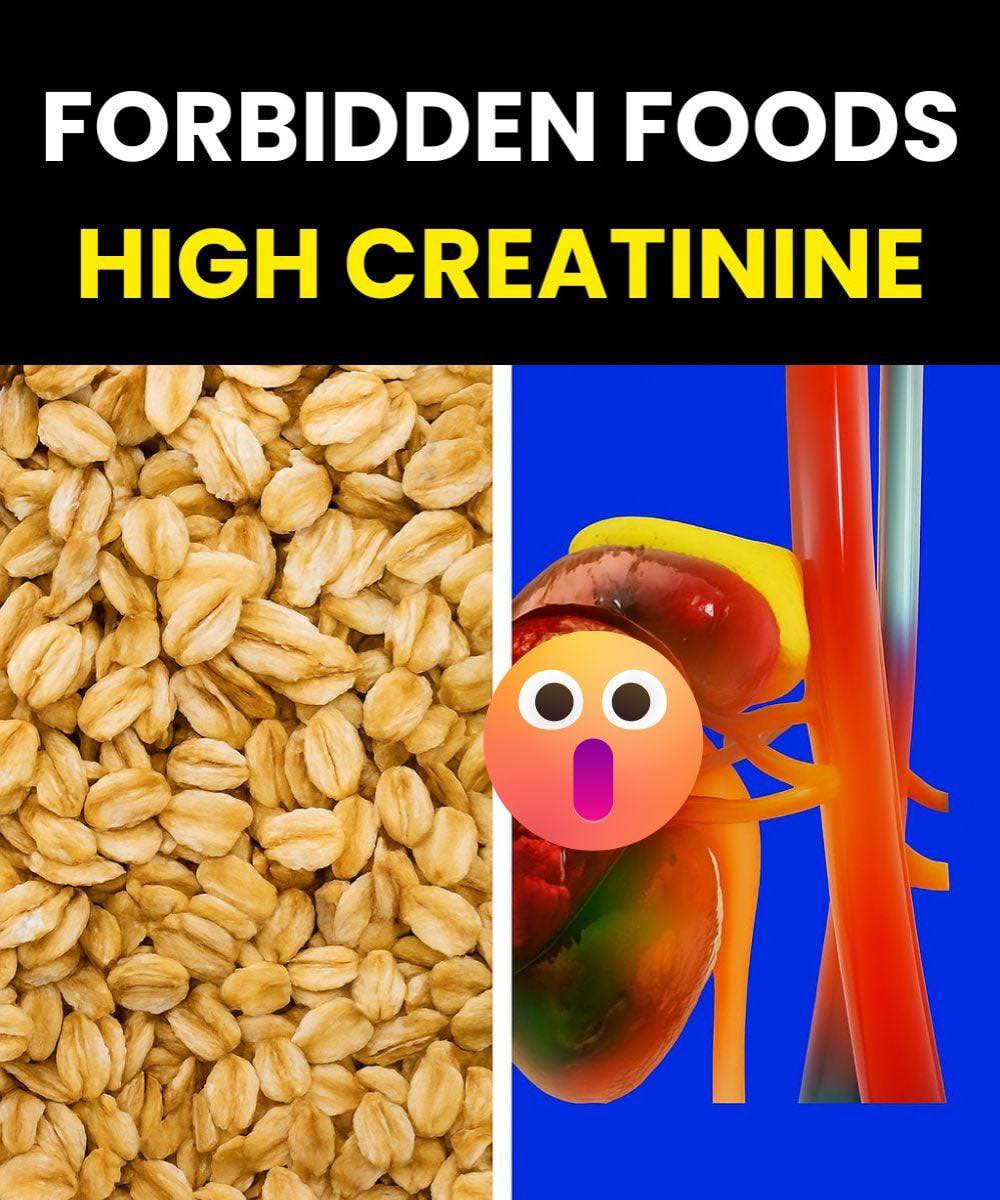Avocados

Nutrient-rich but extremely high in potassium—close to 700 mg per fruit. Not ideal for kidney-restricted diets.
Bananas
Each contains around 420–480 mg of potassium. Intake should be carefully managed in kidney-related conditions.
Whole dairy products
Loaded with phosphorus, potassium, and protein. Excess consumption may strain the kidneys and negatively affect bone health.
Oranges and orange juice
One large orange provides about 330 mg of potassium; a glass of juice about 440–460 mg. Safer alternatives include apples, grapes, or blueberries.
Dried fruits (raisins, prunes, apricots)
Minerals are concentrated: for example, a cup of dried apricots can deliver up to 1,500 mg potassium. Best to avoid.
Potatoes and sweet potatoes

One medium potato or sweet potato contains roughly 540–610 mg of potassium. Boiling or soaking before cooking can lower the potassium level.
Tomatoes and tomato-based sauces
A single cup of tomato sauce may have 700–900 mg potassium. Best consumed sparingly.
Processed meats
Items such as ham, bacon, or sausages are heavy in sodium, phosphorus, and protein. Limit consumption to protect kidney function.
Pickles, olives, and other preserved vegetables
High in sodium even when marketed as reduced-salt versions. Should only be eaten occasionally.
Salty snacks (chips, pretzels, crackers)
These are rich in sodium, and potato chips also add potassium, making them poor snack choices.
What foods are beneficial for kidney health?
Beyond limiting certain foods, adding protective ingredients is equally important. Dark leafy greens, tart cherries, tofu, flaxseeds, and garlic have anti-inflammatory effects, support blood pressure control, and encourage better kidney performance.
Key takeaway:
Avoiding or reducing these 13 foods can ease pressure on your kidneys when creatinine levels are elevated. At the same time, incorporating kidney-friendly, anti-inflammatory foods ensures a more balanced and sustainable diet.
Important: Each person’s condition is unique. Dietary needs vary depending on your medical history, so always consult a nephrologist or renal dietitian before making major changes.

